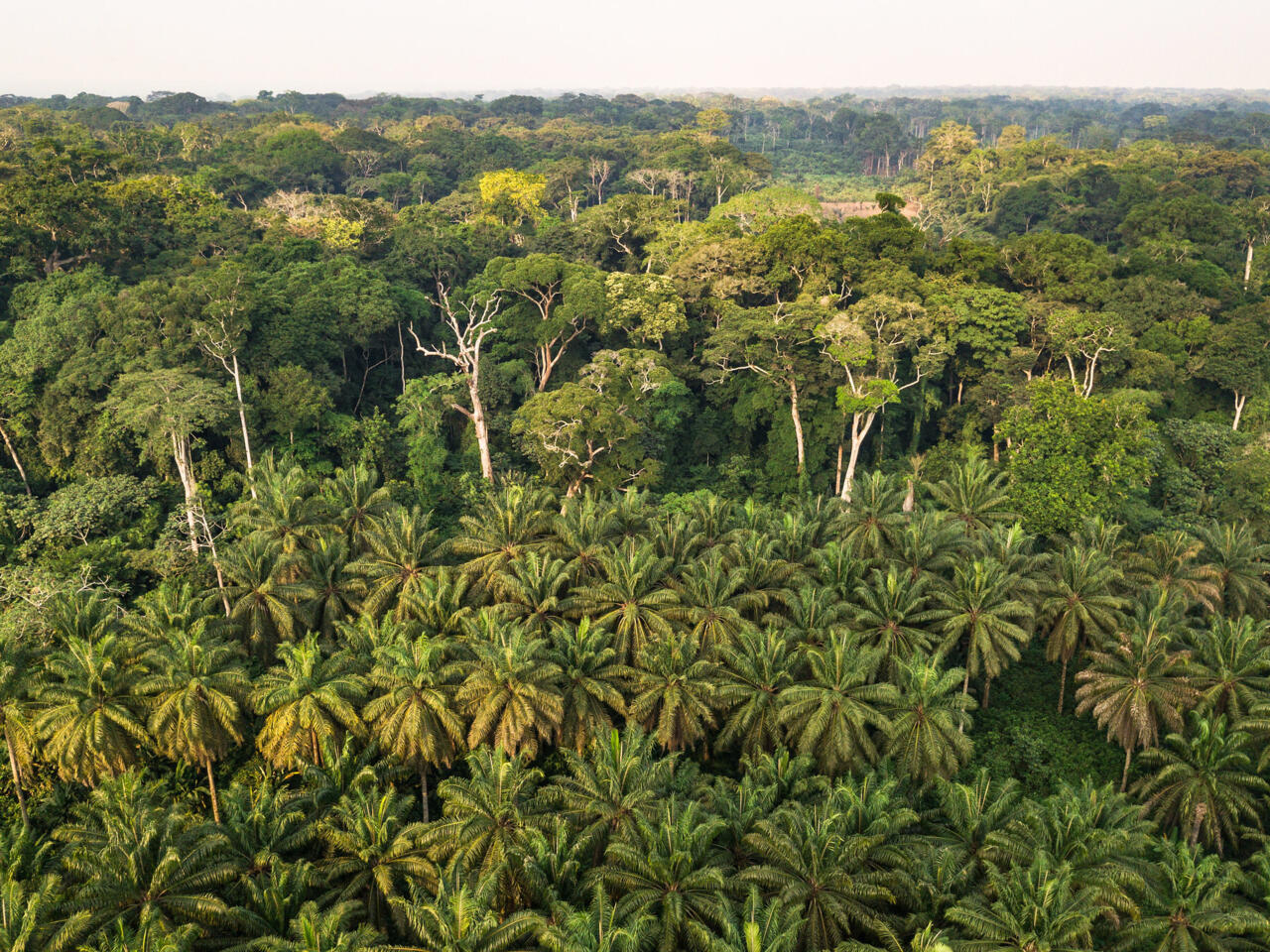The Imperative of Agroforestry in Nigeria

By George George Idowu
A few weeks ago, an article was published about the urgent need for Nigeria to start practicing eco-agro.
In the article, it was advocated for Nigeria to adopt a technique called agroforestry. It stated that this kind of technique will help restore degraded lands and reduce environmental impact.
Hence, today, we will be taking a broader look into what that technique aforementioned means and how it can be practiced to promote eco-agro in Nigeria.
Nigeria, a country endowed with rich agricultural potential, faces numerous challenges in its quest for sustainable food production and environmental conservation. One promising approach that addresses these challenges is agroforestry. It is a practice that integrates trees and shrubs into agricultural landscapes.
Agroforestry holds immense potential to enhance food security, promote biodiversity, mitigate climate change impacts, and improve livelihoods for rural communities. In the context of Nigeria, the need for agroforestry is urgent and multifaceted.
Nigeria’s agricultural lands are increasingly vulnerable to soil erosion and degradation, exacerbated by deforestation, improper land use practices, and climate variability.
Agroforestry systems can combat these challenges by stabilizing soil, reducing erosion, and enhancing soil fertility through the strategic planting of trees alongside crops.
Tree roots help bind soil particles, preventing erosion, while leaf litter enriches soil organic matter, fostering healthier soils for sustained agricultural productivity.
The loss of biodiversity in Nigeria’s ecosystems poses a threat to ecological balance and resilience. Agroforestry promotes biodiversity by creating habitats for diverse plant and animal species within agricultural landscapes.
This diversity not only supports pollinators and natural pest control but also contributes to overall ecosystem health and resilience.
Additionally, trees in agroforestry systems provide essential ecosystem services such as carbon sequestration, water retention, and microclimate regulation.
Agroforestry diversifies agricultural production, offering a range of products, including food crops, timber, fruits, nuts, and medicinal plants. This diversity not only ensures food security but also provides additional sources of income for farmers.
By integrating trees into agricultural systems, farmers can leverage multiple benefits from the same parcel of land, reducing dependency on single-crop systems and enhancing resilience to climate shocks and market fluctuations.
Climate change poses significant challenges to Nigeria’s agriculture, including increased temperatures, changing rainfall patterns, and more frequent extreme weather events.
Agroforestry contributes to climate change adaptation by improving water management, reducing vulnerability to droughts, and enhancing landscape resilience.
Moreover, trees in agroforestry systems sequester carbon dioxide from the atmosphere, mitigating greenhouse gas emissions and contributing to climate change mitigation efforts.
Realizing the potential of agroforestry in Nigeria requires a supportive policy environment and capacity-building initiatives. Government policies should incentivize agroforestry practices through subsidies, technical assistance, and research funding.
Additionally, training programs and extension services can empower farmers with the knowledge and skills needed to adopt and sustain agroforestry systems effectively.
In conclusion, the adoption of agroforestry practices in Nigeria is not merely an option but a necessity for sustainable agriculture and environmental conservation.
By integrating trees into agricultural landscapes, Nigeria can address pressing challenges such as soil degradation, biodiversity loss, food insecurity, and climate change impacts.
Investing in agroforestry is an investment in the future of Nigeria’s agriculture, offering a path towards resilience, sustainability, and prosperity for rural communities and the nation as a whole.
